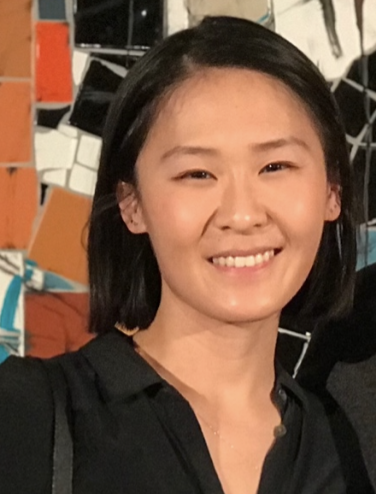This search prompt ("Help! I don’t think I’m interesting enough for medical school!") and its many iterations (“Are all medical students cool”, “What if I don’t do any sports”, “How to develop a hobby in 4 months”) littered my internet search history circa 2019, split-screened alongside the latest draft of my primary and at least five bookmarked posts on Student Doctor Network and premed Reddit. I found myself faced with an anxiety that every applicant comes to feel at some point in their medical school application process: wondering where I stood in comparison to my peers who were not only first author researchers and summa cum laude, but also D1 athletes, Rhodes Scholars, Juilliard graduates, and double black diamond skiers.
“Are they really going to ask me about my hobbies?” circa-2019 Diane wondered. And the answer is a resounding yes. Some version of the dreaded “what do you do for fun” question came up in 4 out of the 7 medical school interviews I attended. In short, this is a question every applicant should be prepared to answer.
But don’t fret! Medical schools aren’t secretly ranking you based on how fast you can run a mile or how well you can play the oboe. When you’re trying to formulate your response to the dreaded “what do you do for fun” prompt, here are some meta-questions to help you target what the school is really asking for.
1. Can I see the other students, and eventually patients, getting along with you?
The “what do you do for fun” question is…well, supposed to be fun! If a school is offering you an interview, they have already decided that you are you competent, invested, and intelligent enough to face the pressures of a career in medicine. The interview is meant to help schools tease out the other traits that also make for in a successful future doctor: likability, emotional intelligence, openness, and the ability to hold a relaxed conversation about something other than work. Interviewers for medical school and residency alike reiterate this core question: “Would I feel at ease sending my family member to this person?” This is your time to show schools that, in addition to being an academic superstar, you are also personable and able to spark a connection with a stranger about a shared sports team or your plans for Sunday dinner next weekend- which you can certainly do by being relaxed, humble, and honest (a little humor helps sometimes too!).
2. Are you engaged in communities outside of academics?
Hobbies and extracurriculars are important ways for people to connect with the world around them. Admission committees want to invest in creating capable and smart physicians for sure but are also broadly interested in fostering the next generation of advocates, scholars, researchers, and writers. It isn’t the student who runs a 6-minute mile that would impress an interviewer, but the student who could talk openly about learning to create and stick to a rigorous workout schedule, found ways to navigate difficult relationships with teammates who shared different opinions from them, or who was spurred to read a book or two about the impact of socioeconomic inequality in sports and could provide a few nuanced thoughts on this issue.
3. Do you have a way of coping when things get difficult?
Not going to lie, medical school is hard. Every student has had moments where they genuinely questioned if the months of back-to-back tests and pre-dawn alarms would be worth it in the end (read: the dreaded “burn out”). Admission committees know this. While there has been greater push in recent years to increase social and mental health support across institutions, ultimately every medical student needs to tap into their personal reserve of mental strength (read: “grit”) to power through their 4 years and beyond into residency. A big part of building resilience is finding healthy ways to step back and unplug from work. Interviewers knows that every student who survives the grind of applying to school is hard-working. What they also want to see is if you have ways of striking a balance between self-improvement and self-care, and if you have developed outlets where you can pull back and recharge when it becomes too much, in whatever form that may take.

Comments